Three students have emerged victorious in the Vesuvius Challenge, claiming a substantial $700,000 prize for their innovative use of artificial intelligence (AI) to decode the enigmatic Herculaneum papyri. Youssef Nader, Luke Farritor, and Julian Schilliger, though never having met in person, collaborated to unravel at least four legible passages from the scrolls, each consisting of 140 characters, equivalent to just two tweets.
Unveiling Centuries-old Secrets
The Herculaneum papyri, a collection of ancient papyrus scrolls, have baffled scholars for centuries due to their unreadable state. Buried during the first century eruption of Mount Vesuvius in the Villa of the Papyri, these scrolls hold potential insights into pivotal periods of ancient history. About 800 scrolls have been excavated from the site thus far.
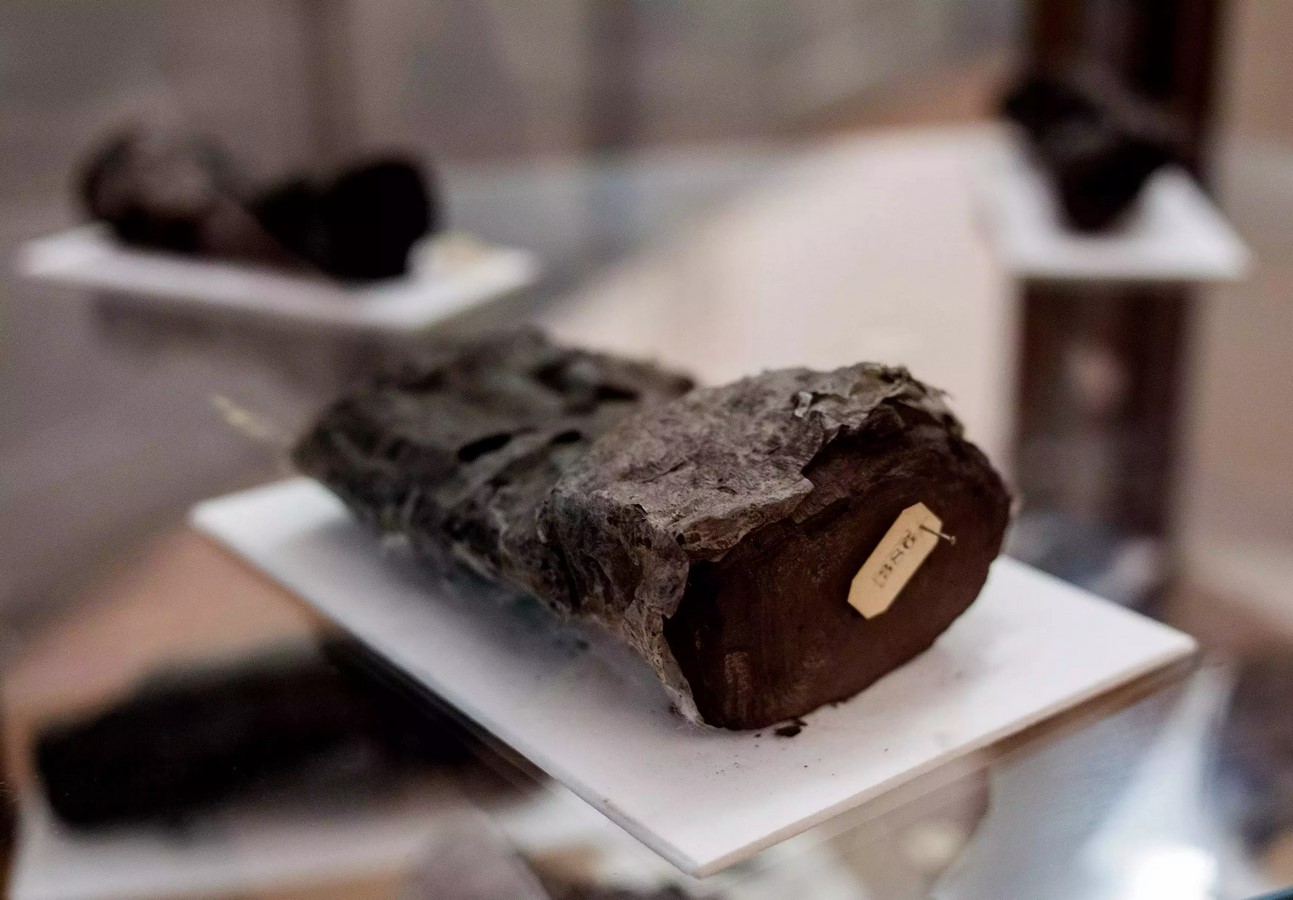
AI to the Rescue
The winning team’s breakthrough is attributed to the application of AI, marking a significant milestone in decoding ancient texts. Through machine learning models, developed in collaboration with computer science professor Brent Seales, the team utilized X-ray tomography and computer vision to virtually unwrap the scrolls, identify ink, and ultimately decipher the words inscribed within.
Uncovering Historical Narratives
The passages unveiled by the winning team are believed to be the work of the Epicurean philosopher Philodemus, shedding light on themes such as music, food, and the pursuit of pleasure. These insights offer glimpses into ancient philosophies and cultural practices, potentially reshaping our understanding of historical periods.
A Step Towards Preservation
Unlike many ancient texts that deteriorate upon exposure to air, the Herculaneum papyri have been remarkably preserved, thanks to being carbonized by the heat of volcanic debris during the eruption. The competition, initiated by tech industry veterans, aims to harness modern technology to preserve and decode these invaluable historical artifacts.
Future Endeavors
While this year’s winners have made significant progress in decoding the scrolls, the challenge persists. The Vesuvius Challenge organizers aspire to decode 90% of the first four scrolls, with the winning team set to receive a $100,000 prize. Looking ahead, they hope to unlock the entirety of all 800 scrolls in the coming years, unraveling further mysteries of ancient civilizations.

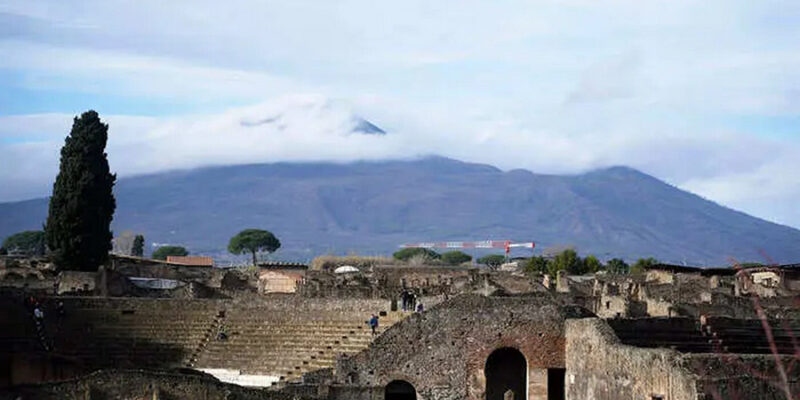


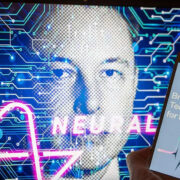
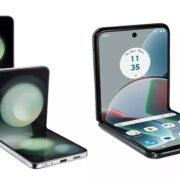
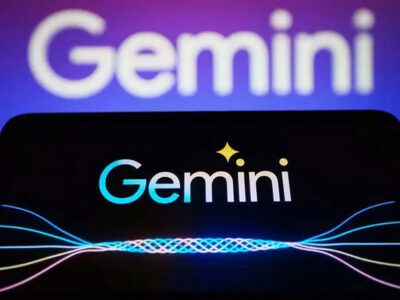

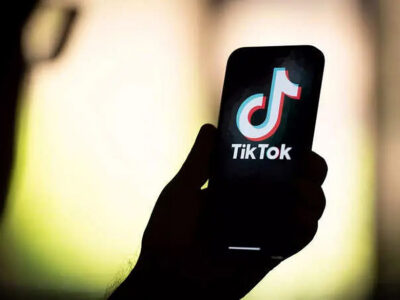

Comments